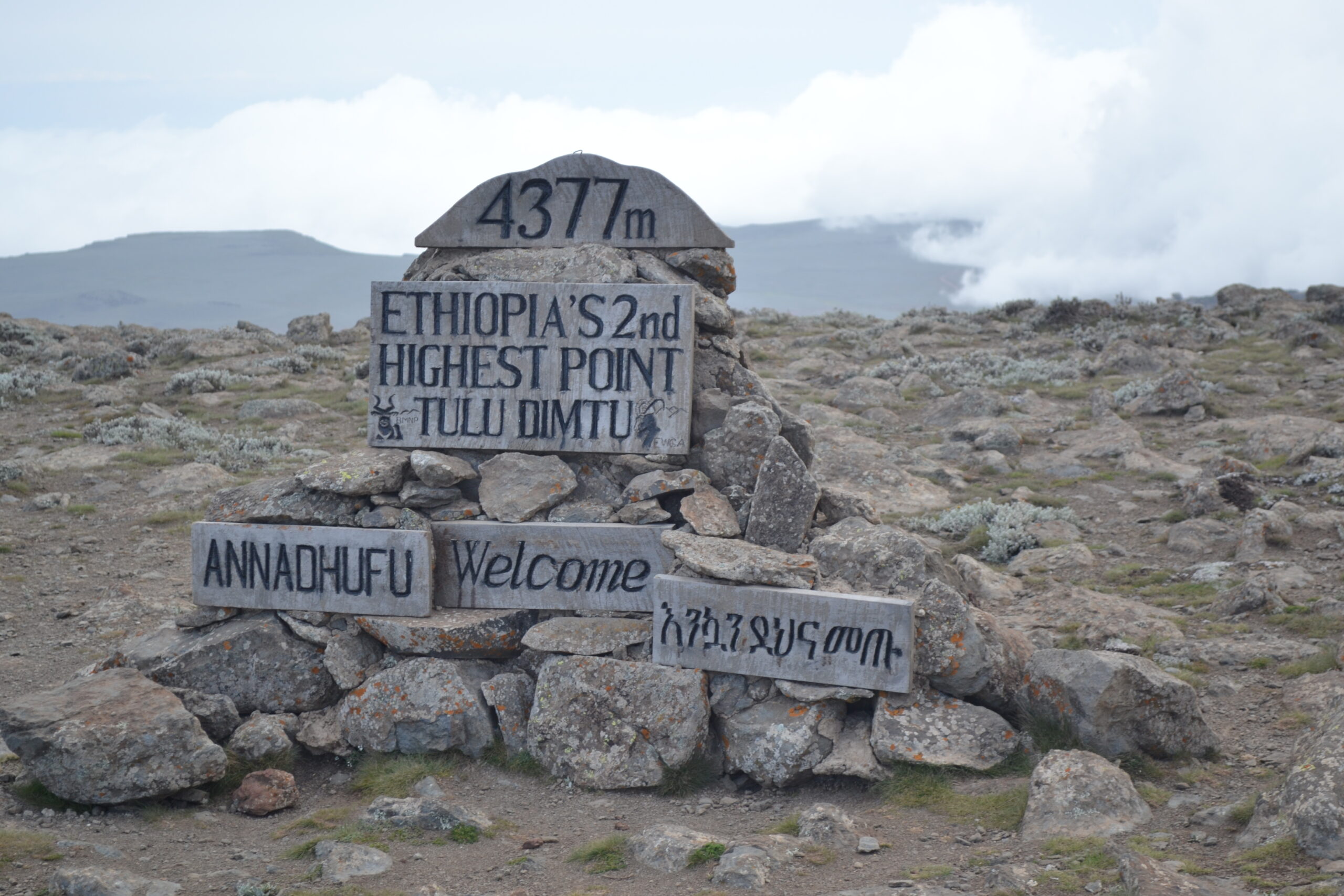THE REPERCUSSION OF SOCIO-CULTURAL PRACTICES ON ENVIRONMENTAL DESTRUCTIONS: THE CASE OF WOGÄRA AWRAJA, 1965–1985, NORTHWEST ETHIOPIA
Publication Date : 03/08/2025
Author(s) :
Volume/Issue :
Abstract :
This study examines the interplay between socio-cultural practices and environmental degradation in selected woredas (districts)—Sätit-Humära, Wälqayét, and Ţägädé—within the Wogära Awraja of Northwestern Ethiopia from 1965 to 1985. It identifies socio-cultural practices and environmental trends that significantly impacted the local environment. The research details how factors such as climate change, hunting, agricultural practices, overgrazing, over-cultivation, deforestation, drought, and famine collectively threatened the survival of these societies. By analyzing environmental degradation through this lens, the study encourages a re-evaluation of socio-cultural practices, potentially fostering radical shifts in environmental attitudes. Qualitative in nature, this research relied on primary sources including archival documents, observations, and in-depth interviews. Secondary sources comprised relevant books, articles, and other scholarly works. The findings indicate that the environment is perceived as a critical factor influencing both the mental and physical well-being of society, and vice versa. Consequently, effective environmental management must be intrinsically linked with an understanding of these socio-cultural practices. This approach enhances the mutual responsibility and influence between the environment and society.
No. of Downloads :
5

